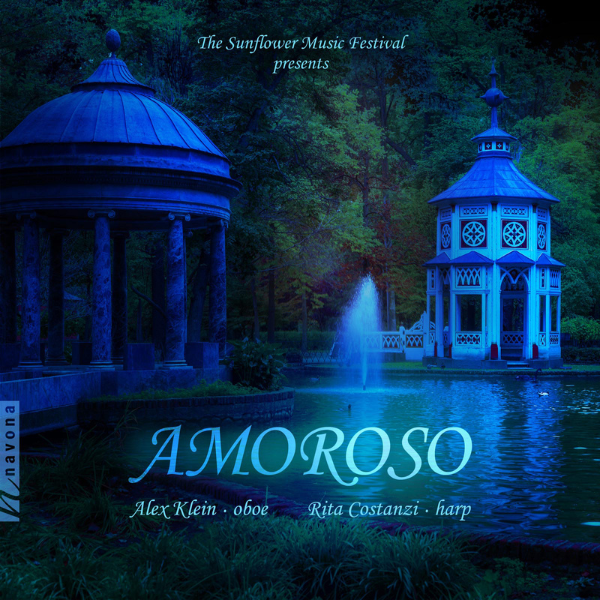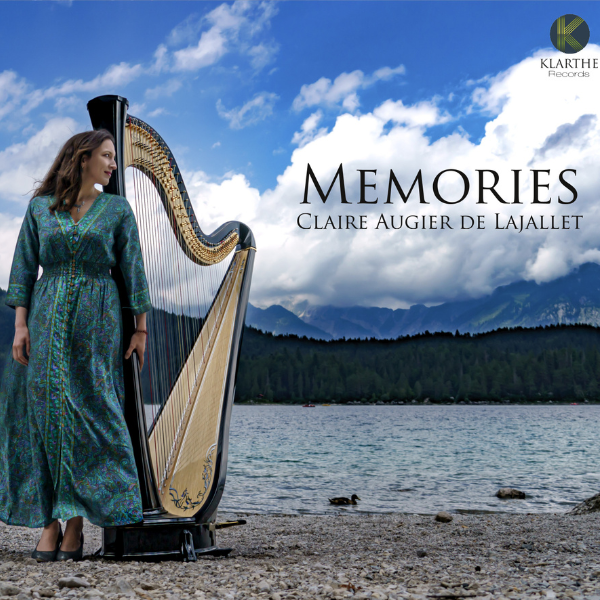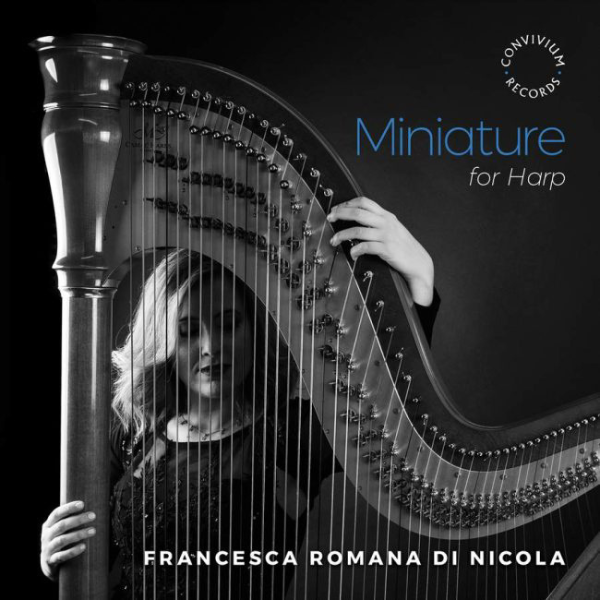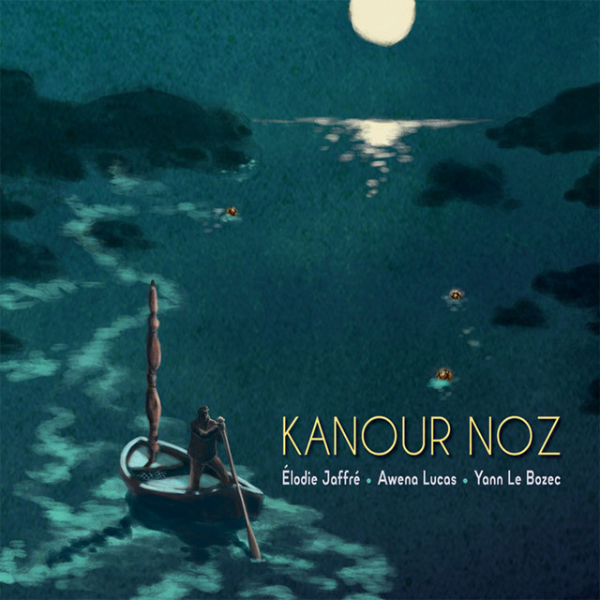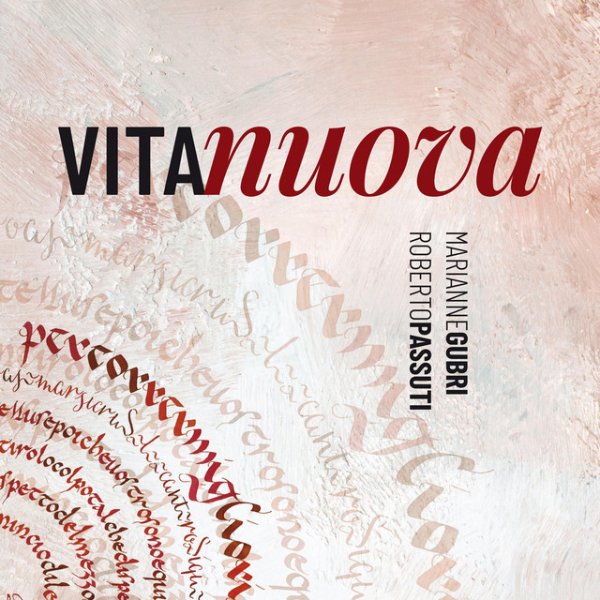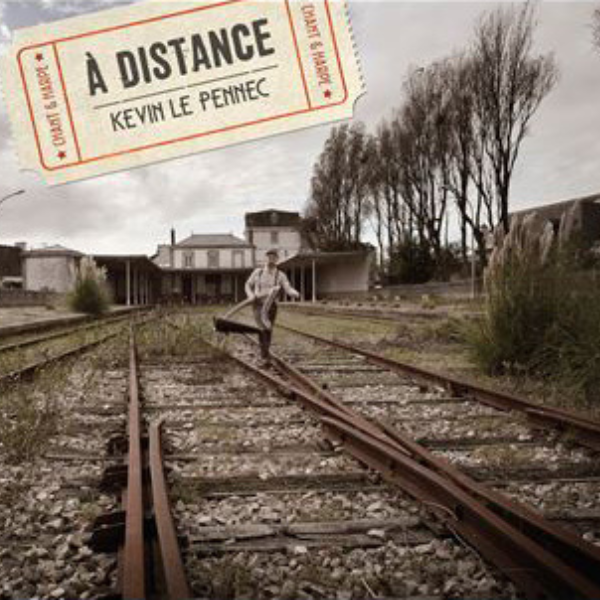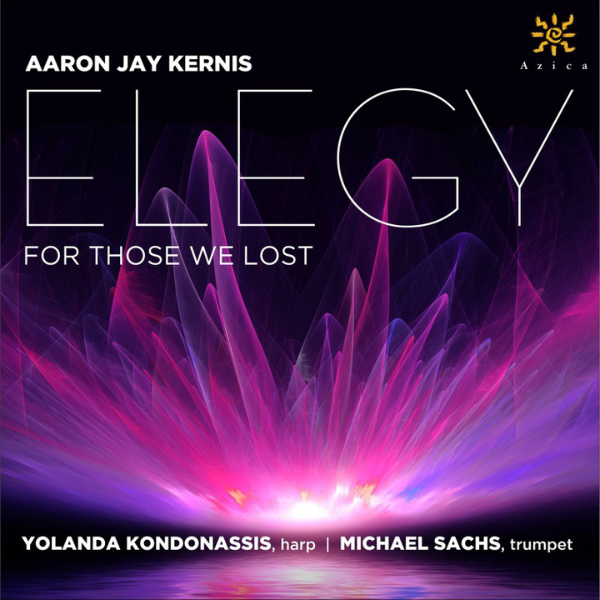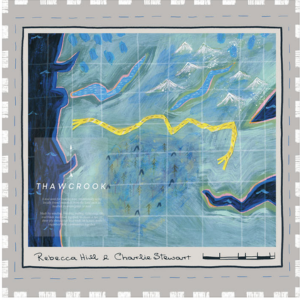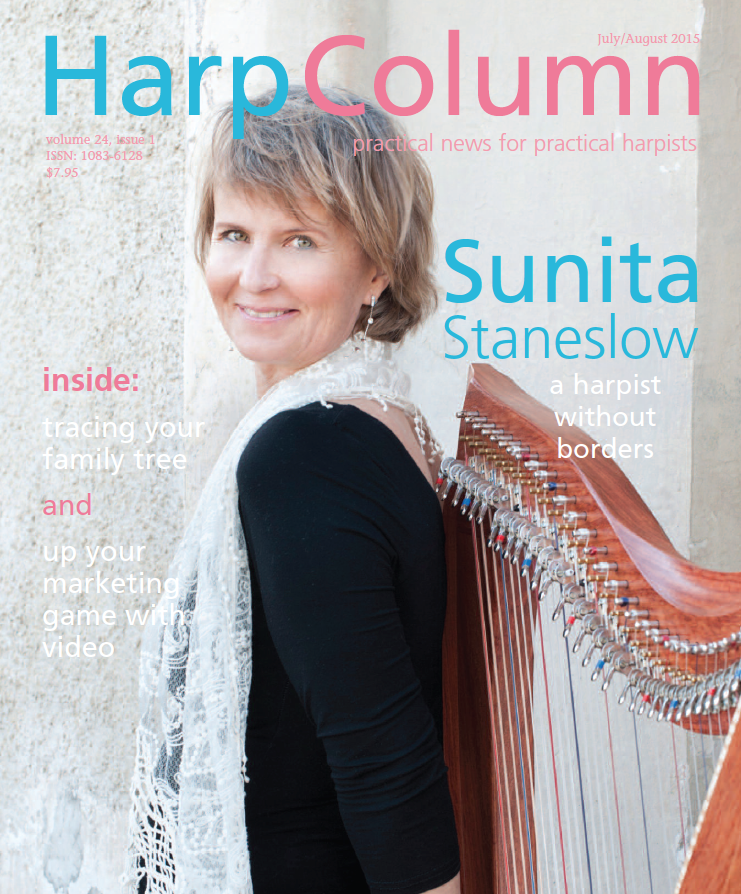
7/10
Katrina Szederkényi, harp; MSR Classics, 2014.
Fantasias & Fugues. The two couldn’t be more different musically. While one offers artistic license to explore a composer’s more personal, profound, and perhaps more capricious side, the other lives in the rigor of the academic. At its most successful, the latter might come within a hair’s breadth of the freely expressive former, but only while adhering to strict rules.
I can think of no better way to highlight the qualities of the harp—and the harpist—than these two forms. The harp can make a sound as beguiling as a dream, but the technique needed to get there can feel more like one’s worst nightmare. Canadian harpist Katrina Szederkényi makes it work in her newest CD, which is more a journey in music than simply a collection of pieces.
Katrina opens with Bach, and her first arpeggios capture my heart and keep me listening. She plays with an indulgence verging on whimsy. The bar line completely disappears. Also disappearing is the fact that this is nearly 300-year-old music. Like a painter recreating a landscape, we see the brush strokes, the gestures in her playing. Impeccable timing leaves us wanting more, so that when the fugue arrives and time becomes strict, we take our seat next to her and listen raptly.
Bach offers problems to a harpist—multiple pedal changes and sometimes awkward technical challenges not experienced on the keyboard—but extraneous noise interrupted the flow only momentarily.
Jumping ahead 100 years, Katrina presents Elias Parish Alvars’ Grande Fantasie with the same carefree attitude, even while residing within the parameters of the variation. Katrina’s light touch shines in this display piece, her sense of sweep and line fully apparent.
One of the most profound books I have read in my life was Farley Mowat’s People of the Deer about Inuit hunters forced by their government to give up their massive hunting grounds of caribou and learn to live on reservations in a misguided attempt at integration. They must subsist on a totally new diet of fish, a tragic decision that eventually causes mass starvation and near extinction of these Arctic people. American composer Michael Kimbell sets to music one moment in their struggle—the tale of a hunter who refuses to share his kill with others who are clearly suffering. Katrina paints a dour landscape of endless tundra and the moral tale as old as mankind itself. Like a storyteller, she scolds, wails, and then becomes as impersonal as the wind. It is chillingly captivating.
Only this morning I played the Turina Tocata y Fuga on air, a piece always eagerly received by listeners with its subtle reference to flamenco. There is no time to hold back. This is an expert’s piece and a brave act to transcribe for harp what certainly lies far better under a pianist’s hands. For that we have Nicanor Zabaleta to thank, but leave it to Katrina to delight in the impulsiveness and slightly jazz-tinged chords. The fugue reminds us immediately of Bach, but with a chromatic, sardonic twist in its theme.
Finishing with a bit of program music by Henriette Renié, Katrina again puts on her storytelling hat, opening with “Once upon a time…” and ending with, of course, “happily ever after.”
You will get your fairytale ending too upon listening to this well-crafted album.






